15 years after Hurricane Katrina, New Orleans battles COVID-19
Erica Elaine Harris lives a quiet life in San Francisco as an in-demand nanny with an infectious love for children.
She rarely reflects on the fact she survived the deadliest natural disaster in United States history.
Some 15 years ago, many New Orleanians braced for what they believed to be just another hurricane. Some, in classic New Orleans fashion, even attended hurricane parties. No forecasts, no predictions could have prepared the city for what struck that Monday.
The storm seemed manageable at first -- until the flood.
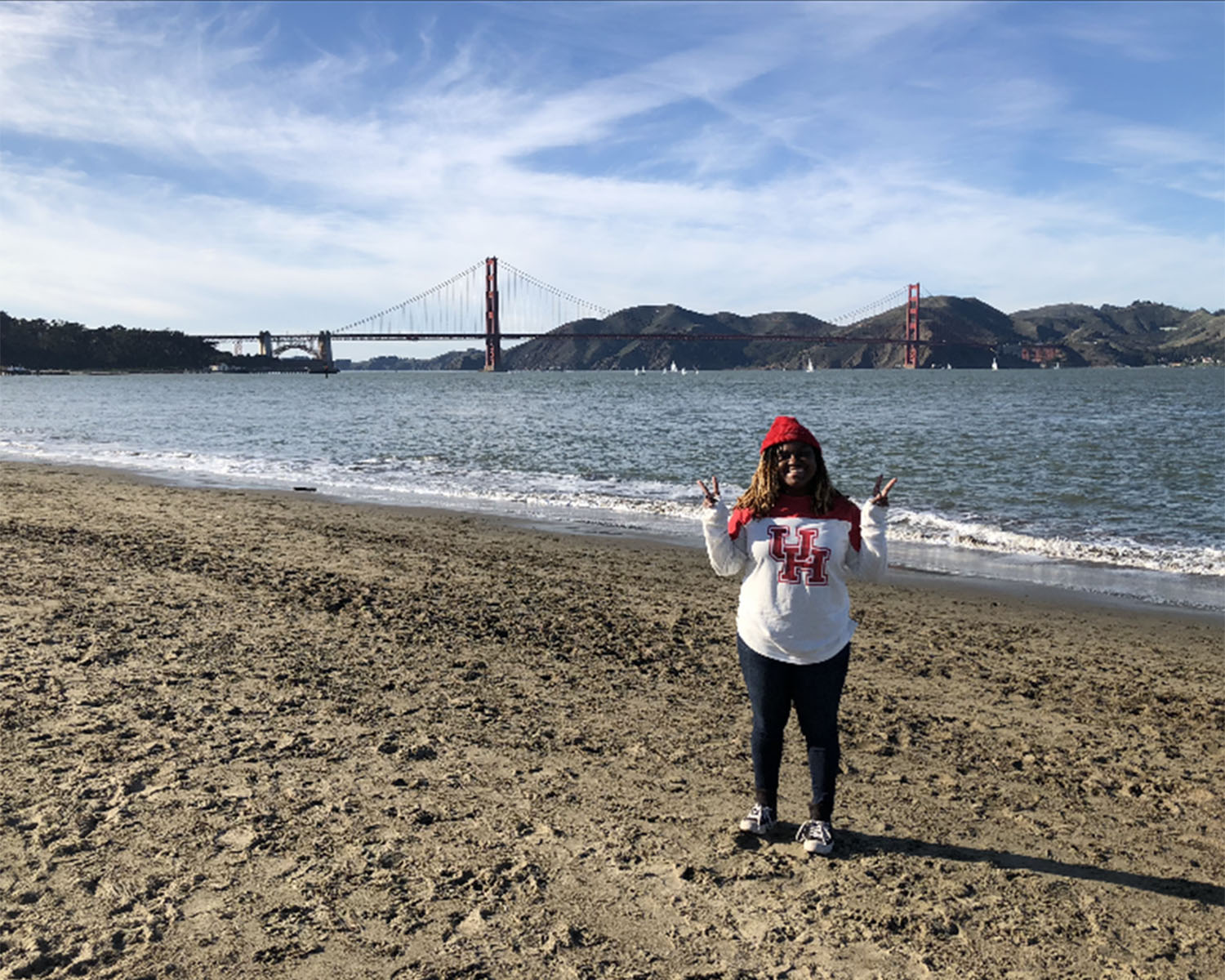
Around 9 a.m., a levee was breached in the Lower Ninth Ward, with more breaks elsewhere. Hundreds of people were trapped on rooftops or in attics as floodwaters rushed through low-lying areas of the city.
The Ninth Ward was devastated. Harris, then 10, ventured through the flood with her mother. They caught a ride on a boat that eventually sank, then walked through the water until finding a bridge slightly higher than the submerged suburbs. They did their best to sleep.
'Part of history'
The next day, they made it to New Orleans' beloved Superdome, which hundreds of other newly homeless neighbors were calling home. But it was far from being a safe haven. At one point, ambulances halted evacuations of people after gunshots were fired. One ambulance service told ABC News at the time it would have to cut back rescue efforts if security didn't improve.
"They have us living like pigs," a refugee told ABC News' Bob Woodruff, pointing to the trash and urine on the turf where some were expected to sleep.
Woodruff turned to a girl and asked her if she had received food or water.
"I am not drinking that water, that water is hot," Harris responded. "And people are selling ice, they aren't just giving it away."
Harris detailed her experience in the Superdome, but despite the situation, Harris saw the world differently.
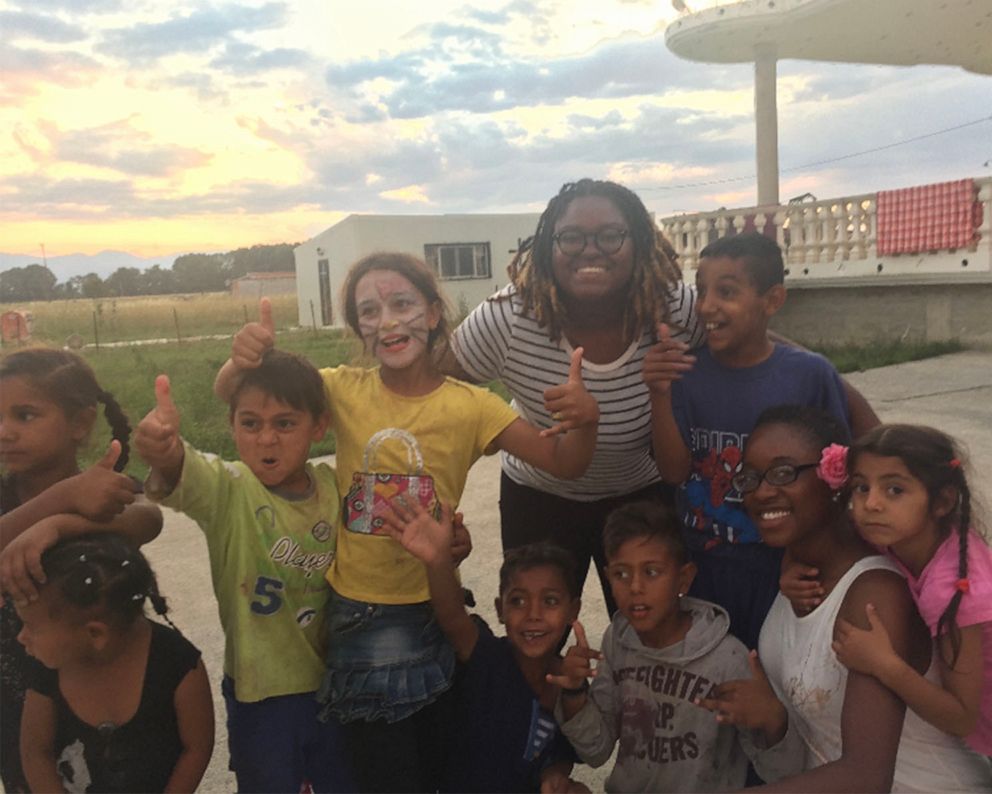
"I was a really strange child in the sense that I thought this was kind of cool -- I'm a part of history," she recalled. "I knew this was big and monumental and that if I wanted to I could write stories about it one day, so that was my attitude."
This week, Woodruff once again talked to Harris -- and her attitude hasn't changed.
"It changed the trajectory of my life," Harris told Woodruff. "I think [Katrina] contributed to me getting an education that I probably wouldn't have gotten had we not gotten this house in the suburbs of Cypress, Texas. I went to a great school."
After she was evacuated to Texas, Harris devoted much of her time to helping others across the globe who'd lost their homes. In 2014, she visited Haiti, helping refugees who also had been hit by a merciless natural disaster.
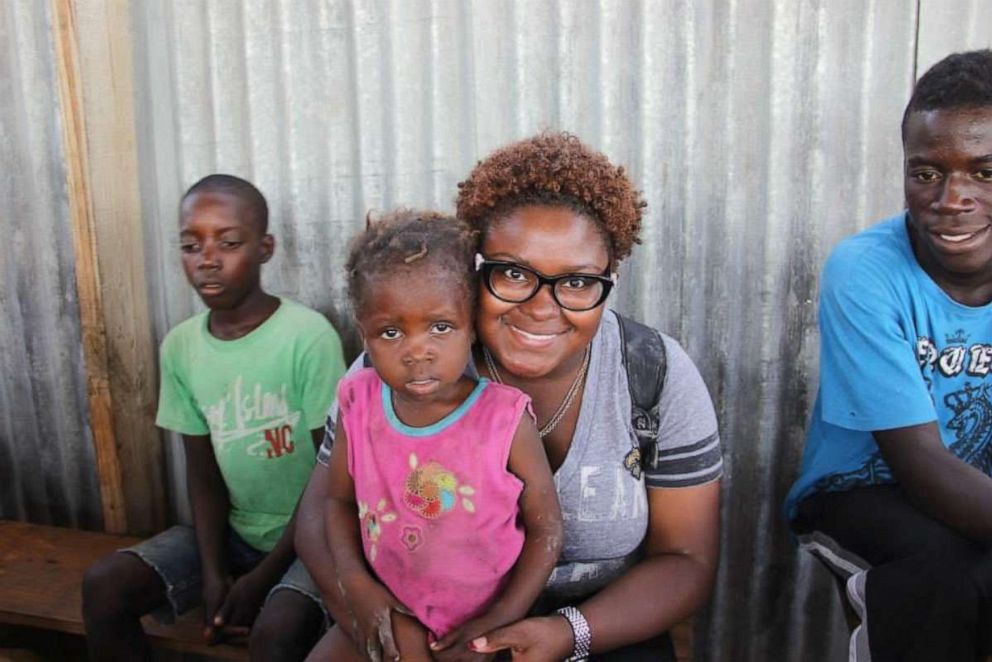
"My time in Haiti was definitely one of those defining-life experiences -- in a way that also shapes who you are and how you view the world," Harris said. "I went to Greece in 2017 -- that was also a mission trip where we got to work with refugees. We just wanted to try to love the people there and help them because they were transitioning from some pretty rough circumstances."
In photos from her trips, Harris often is seen holding refugee children who've somehow managed a smile despite the dire circumstances.
"I love kids wherever I go -- all kids are just beautiful and wonderful," Harris said. "If I'm in any country and there's a baby, I'm probably going end up holding the baby just cause I love babies."
Still, Harris attributes her doing good deeds more to her faith than to surviving Katrina.
"If me being a good person is attributed to anything, it is going to be attributed to God," she said.
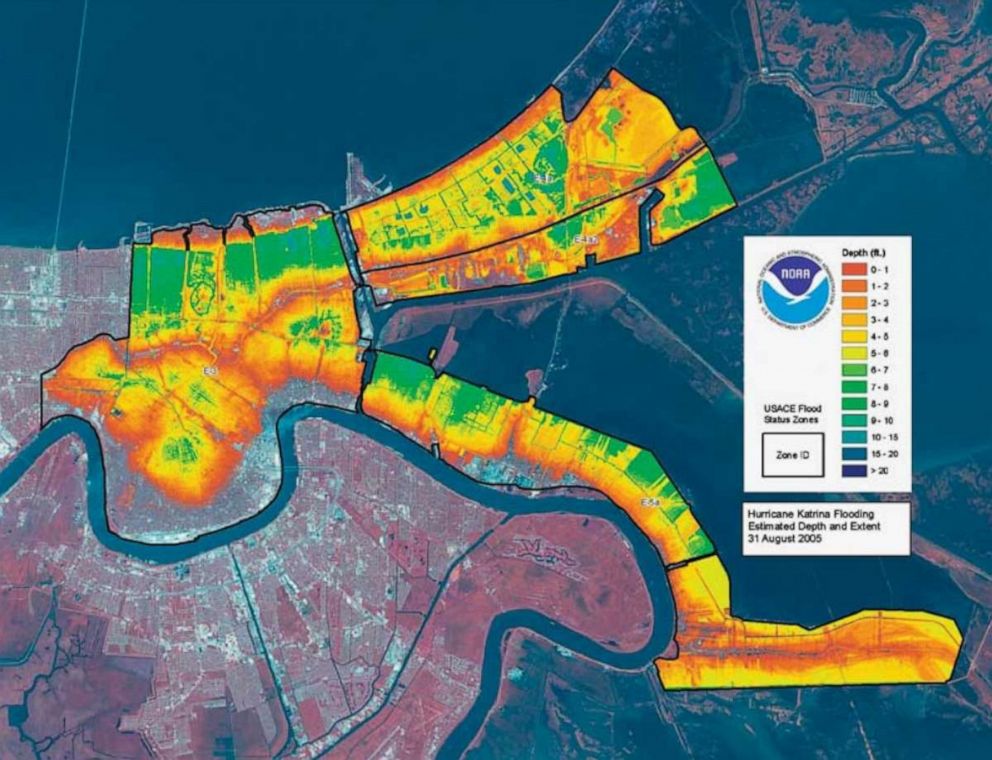
'Y'all need to get upstairs'
According to the National Hurricane Center, 1,833 fatalities are directly or indirectly related to Hurricane Katrina, with most of those -- 1,577 -- in Louisiana.
"We were told, 'Y'all need to get upstairs,'" recalled Pennie Favalora, an ER nurse at Tulane Medical Center, holding back tears as she remembered that Monday evening. "We ended up going upstairs, and then that's when the information came out that the levees had breached."
The Tulane Medical Center emergency room flooded that night. Health care workers aided patients from the upper levels, and were the last to be evacuated from the city.
"But the city came back, banded together and made itself better than it was pre-Katrina," Favalora said.
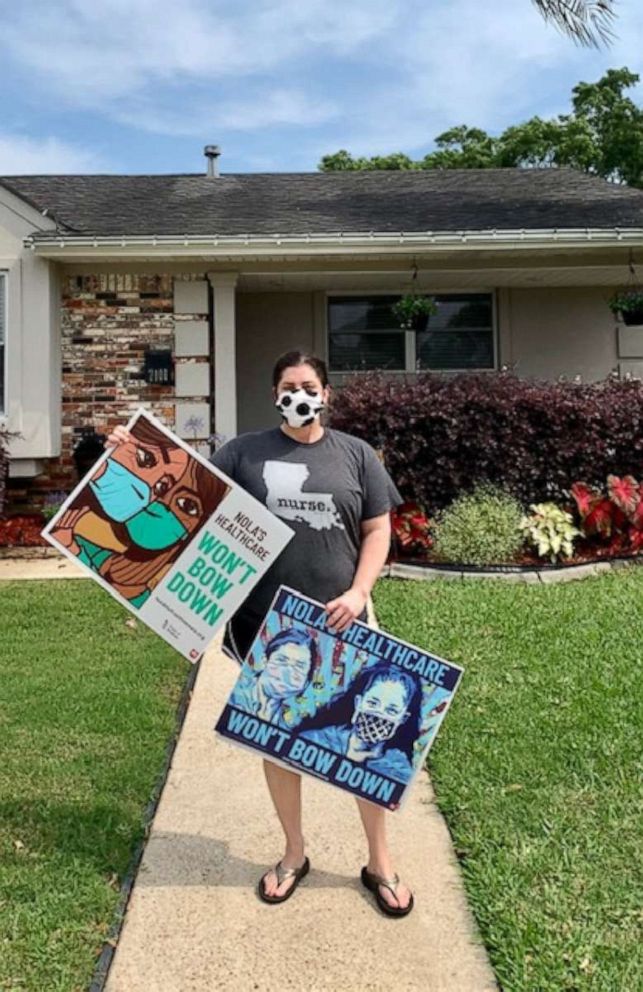
But now a new crisis has befallen New Orleans: COVID-19.
"I know several people in my family who have gotten it," Harris told Woodruff. "My dad had very minimal symptoms, whereas my stepmom had every single symptom you heard about."
The city of New Orleans has had over 11,200 total COVID-19 cases, peaking in April with a seven-day moving average of 440 new cases per day. As of Aug. 23, that figure had dropped to 28 new daily cases, but that's after new daily cases in July still topped 100 on several days.
Harris said her family members all survived the virus. According to data through Monday, New Orleans had reported 570 coronavirus-related deaths -- 425 of which were Black people.
"I don't even know how to explain it here -- it was terrible, every patient that was coming in was positive for COVID," said Favalora, recalling the Tulane emergency room as the city's cases spiked. "I think I was looked upon for guidance ... because a lot of the younger nurses knew I had been around for Katrina."
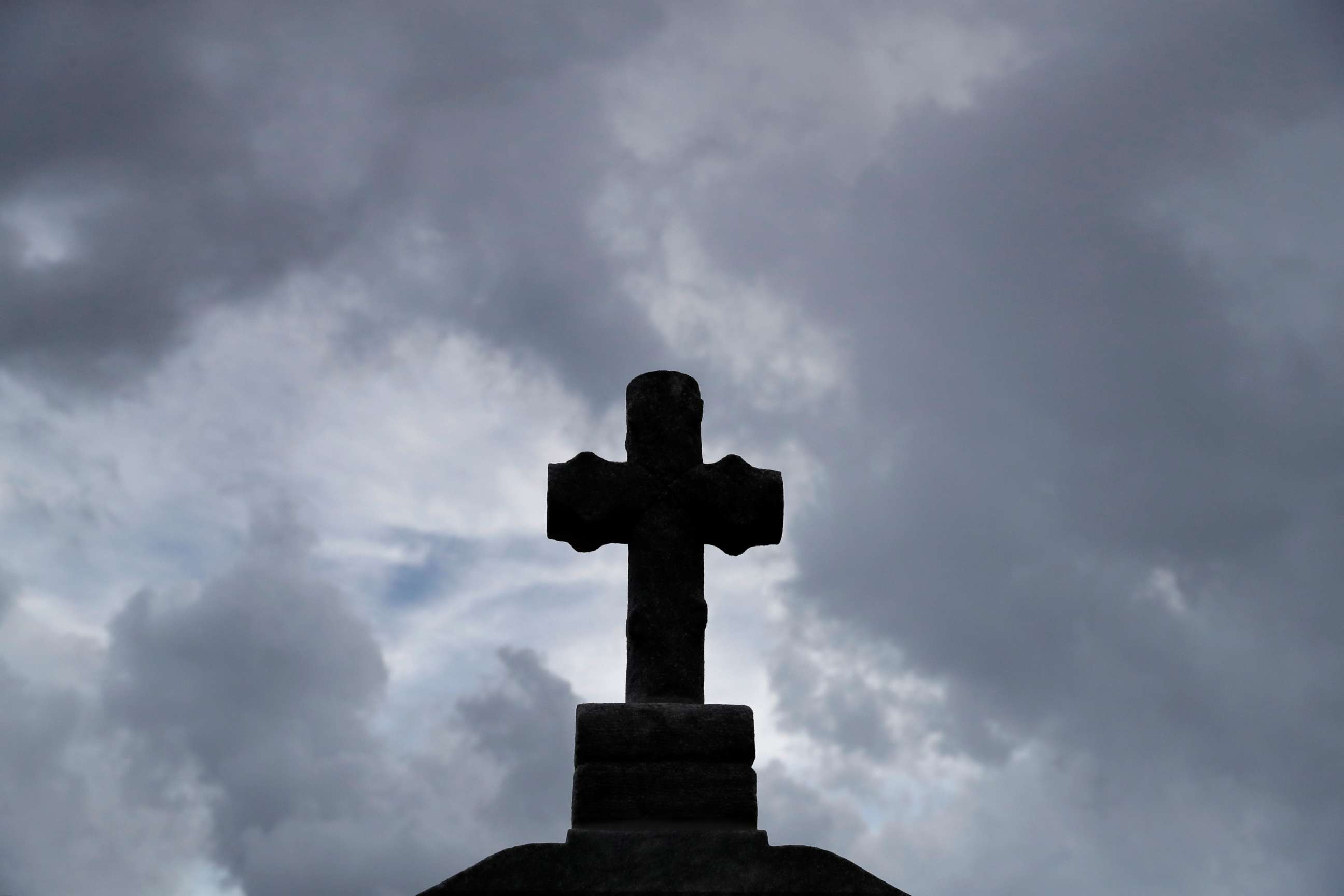
Favalora said she and her staff thought back to the last time so many were needed to do so much.
"We can take care of patients no matter what, in the middle of a flood or in the middle of COVID, whatever is thrown at us," she told ABC News.
She and her colleagues received food donations to help buoy their spirits.
Woodruff asked Harris what lessons from Katrina could be useful in dealing with this latest tragedy. With most schools in San Francisco using distance learning in the fall, she said she's planning to offer free educational support to children and families in need.
"I was initially impacted financially and lost work," she said. "But that is why I think, 'OK, how can I be proactive in helping people who have been even more affected than I am?'"
ABC News' Arielle Mitropoulos contributed to this report.





